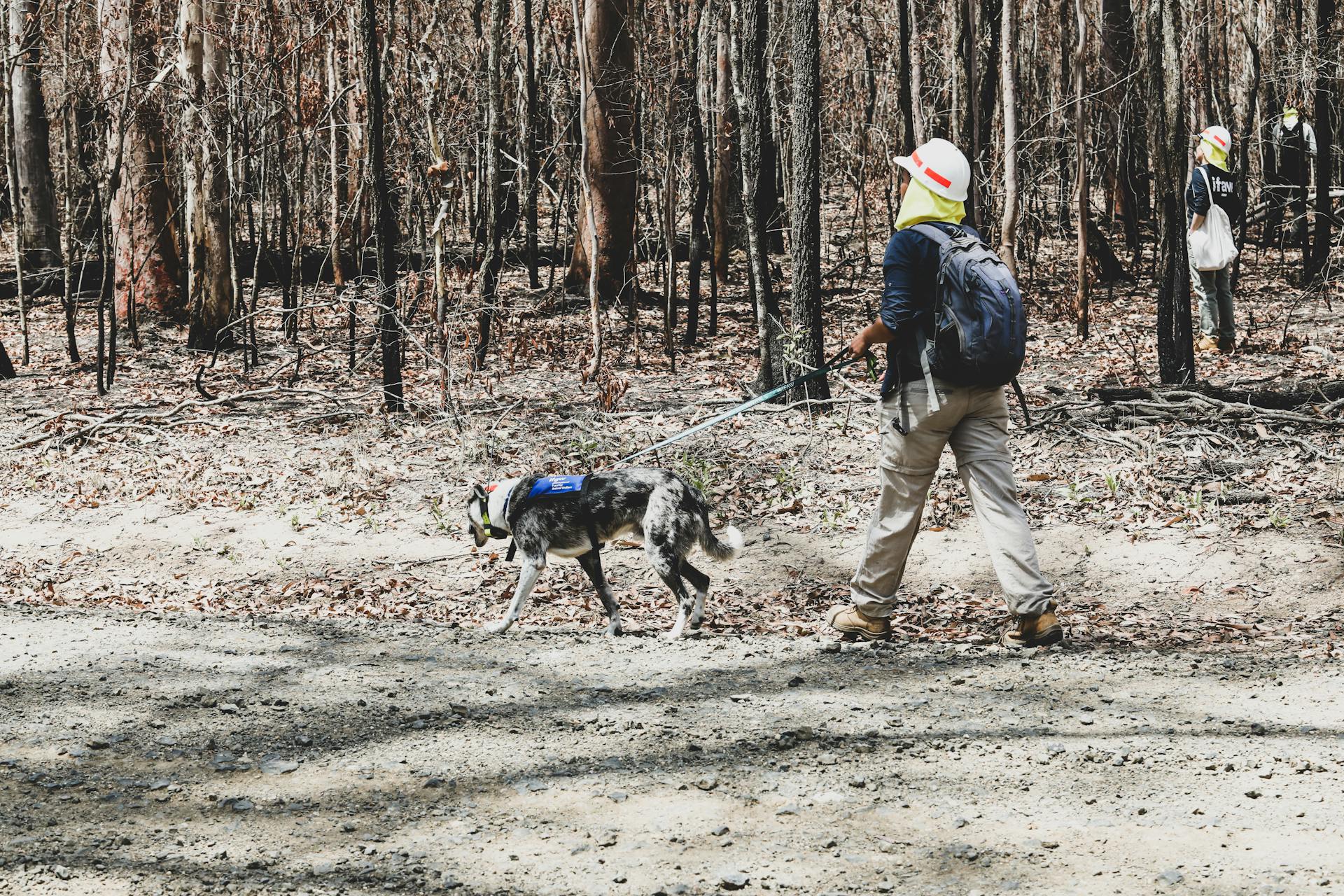
Many dog rescue groups claim to be non-profit organizations, but some are actually scams or have questionable financial practices, with some groups spending as little as 1% of their income on actual rescue efforts.
Some rescue groups have been known to have inadequate facilities, with dogs being kept in cramped and unsanitary conditions. This can lead to the spread of diseases and stress among the dogs.
A lack of transparency and accountability is a common issue among some dog rescue groups, making it difficult for donors and adopters to track the group's finances and operations.
Rescue groups often have a high turnover rate of volunteers and staff, which can disrupt the care and well-being of the dogs in their care.
Red Flags to Watch Out For
They're hosting adoption events where adoptions are finalized on site, which is a tactic more suited for selling cars than placing family members.
The rescue should be taking steps to get to know you, your home environment, and what kind of life you'll be providing for the dog.
They balk when you ask for reasonable steps to ensure a good match, like having your trainer assess the dog or requesting vet records to be cleaned up.
The rescue should be open to these steps if you're requesting them in good faith.
They ask you to sign an adoption contract too soon, even before the dog is fully vetted or spayed/neutered, which is a red flag.
If there are signs of behavioral issues, they should be open to a trainer assessment and training plan before placing the dog, not just as a professional courtesy but also as a public safety issue.
Consider reading: Good Search and Rescue Dogs
Shelters vs Rescues
Shelters vs rescues are two different options for obtaining pets, with varying levels of funding and adoption rates. Some shelters are well-funded and selective about who adopts their animals, while others are poorly funded and may have high kill rates.
Shelters can be overrun with animals, leading to a need for rescues to step in. Rescues are private groups that specialize in removing animals from high-kill shelters and taking in owner-surrendered animals.
Rescues often use volunteer foster families to care for animals until they are adopted. This approach allows rescues to take in animals that require special medical care or have challenging care needs.
In New York City, more than 150 rescue organizations remove nearly half of the animals entering the Animal Care and Control System, giving them more time to be adopted. Without this help, thousands of animals would be needlessly killed each year.
Differing Standards
Differing Standards can be a problem for dog rescue groups. Some rescues are too picky about potential adopters.
Rescues often have lengthy adoption applications and require home inspections. Animals are always spayed or neutered and adopters are usually required to return the animal if the adoption doesn't work out.
Some rescues deny adoptions for legitimate reasons like wanting to keep an animal outdoors or having young children. But other reasons, like family finances or adults working too many hours, can be a bit more complicated.

For example, Heather Krenn was denied an adoption because her work schedule would leave the dog alone for too many hours. This kind of policy can risk denying adoptions to good families.
Many frustrated pet owners, turned down by rescues, report turning to pet stores or dog breeders instead. This seems counterproductive to the goal of finding every adoptable animal a good home.
The Institutional View
There are over 10,000 rescue groups in the U.S. and Canada, making it challenging to make a generalization about their policies and practices.
Many rescuers note that they wouldn't be able to pass their own organization's standards, which can be frustrating for otherwise good potential adoptive families.
Deal-breaking questions, where a "wrong" answer is an automatic deal-breaker, are becoming less common as adoption applications move away from this approach.
Most times, rescuers don't have all the information, and it's not an issue of having bad intent, but rather a lack of understanding.
As Abby Volin, rescue group coordinator at The Humane Society of the United States, points out, many rescue groups are realizing that with a committed adopter, they can help with everything else to ensure a successful adoption.
Dog or Community?
Many dog rescue groups prioritize finding a forever home for a single dog over the well-being of the community.
In fact, some groups may overlook potential adopters who live in apartments or have small yards, even if they're perfectly suitable for a dog, in favor of those with large homes.
This can lead to a mismatch between the dog and its new owner, increasing the likelihood of the dog being returned to the rescue group.
Some rescue groups also fail to conduct thorough background checks on potential adopters, which can put both humans and animals at risk.
This lack of screening can result in dogs being placed in homes with unscrupulous individuals or those who may not provide adequate care.
Responsible dog ownership requires more than just a love for animals; it demands a commitment to providing a safe and nurturing environment.
By prioritizing the needs of the community, rescue groups can ensure that dogs are placed in homes where they'll truly thrive.
Pet Rescue Business: Buyer Beware

Many pet rescue groups claim to be non-profit, but some are actually for-profit businesses, making a significant profit from adopting out pets.
Some groups have been known to charge exorbitant adoption fees, with prices ranging from $500 to $2,000 or more.
Donors often give money to these groups, thinking their contributions are going directly to help animals in need.
In reality, some of these groups use donor funds to pay for lavish lifestyles, including private jets and luxury homes.
Rescue groups that prioritize fundraising over animal welfare can lead to a decrease in the quality of care provided to animals.
In some cases, groups have been found to have little to no veterinary care for the animals in their care, resulting in substandard living conditions.
It's essential to do your research and thoroughly vet any rescue group before donating or adopting from them.
Look for transparency in their financials, and ensure they have a clear plan for the care and rehoming of animals.
Frequently Asked Questions
What is the hardest part of adopting a rescue dog?
Adopting a rescue dog can be challenging due to potential behavioral issues and health problems. Understanding these common challenges is key to providing a happy and healthy home for your new furry friend
Do rescue dogs have more behavior problems?
Yes, rescue dogs are more likely to have behavioral problems due to potential past trauma, lack of socialization, and uncertain backgrounds. Understanding and addressing these issues is crucial for a successful adoption and a happy, well-adjusted pet.
Sources
- http://sffoghorn.com/private-animal-rescue-groups-might-not-actually-rescue/
- https://www.vetstreet.com/our-pet-experts/are-dog-rescue-groups-too-picky
- https://dailyhive.com/calgary/animal-adoption-red-flags-2019
- https://paws4udogs.wordpress.com/2015/04/13/rescue-decisions-the-dog-or-the-community/
- https://broadview.org/pet-rescue-regulations/
Featured Images: pexels.com


